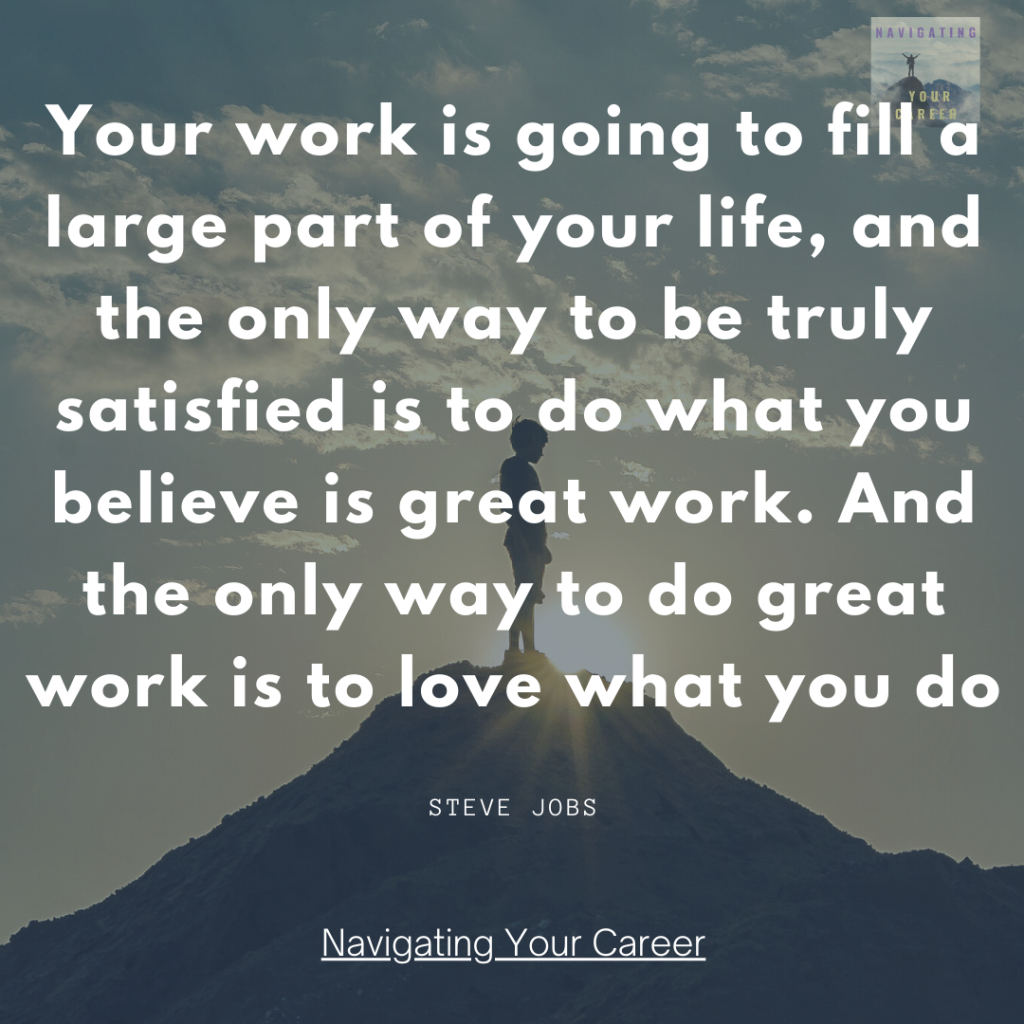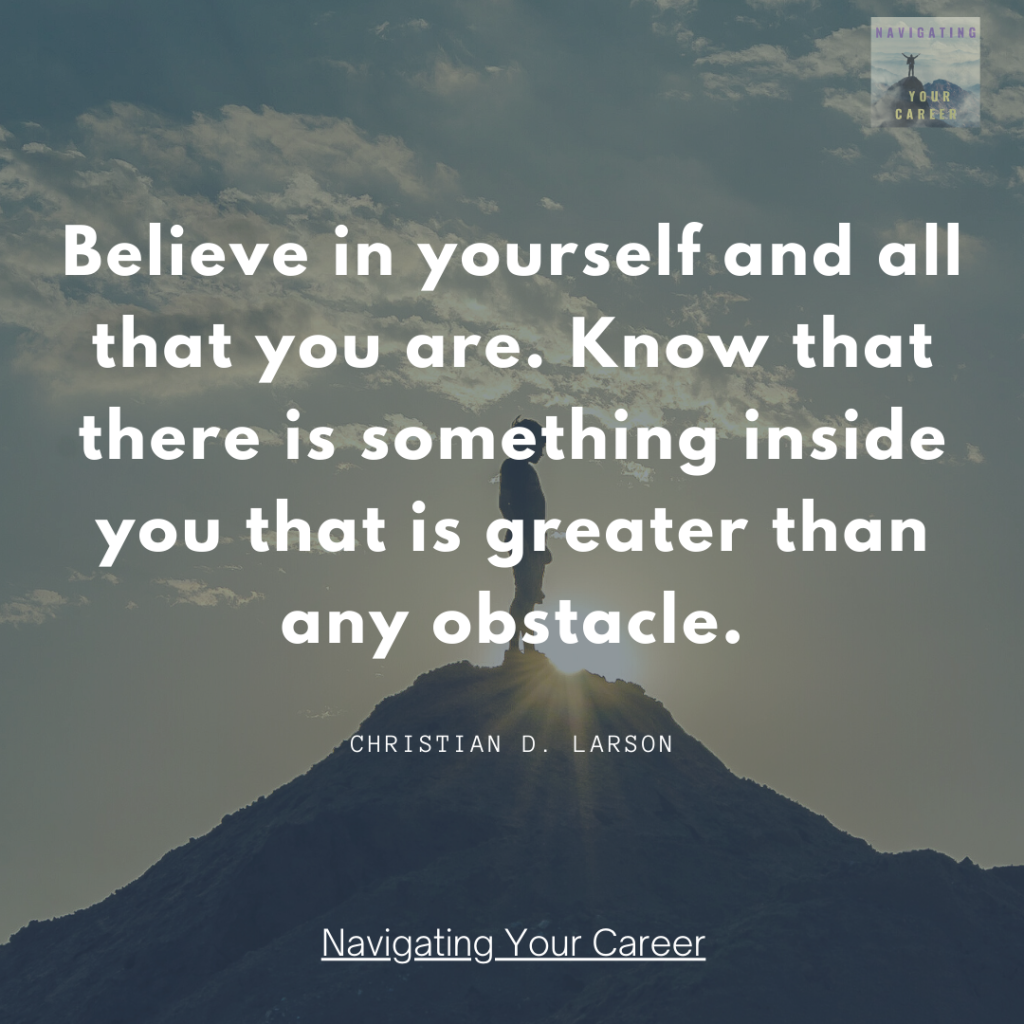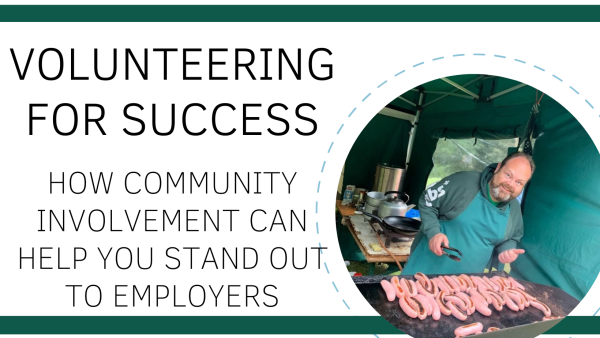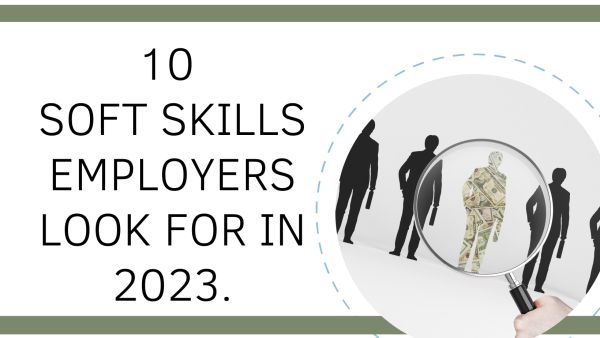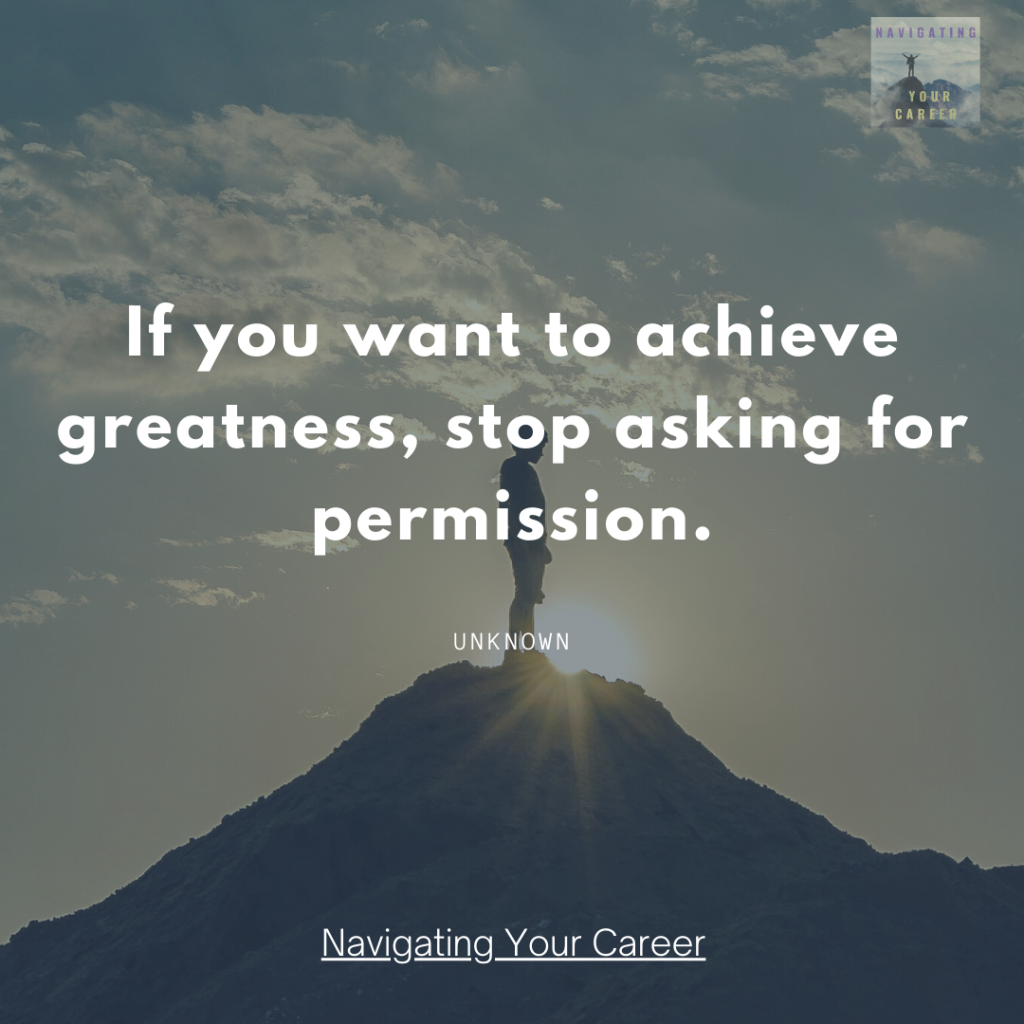- Dream jobs are overrated.
- Work is just one aspect of our lives.
- Your team is not your family.
- Your manager is not your friend.
- Other people’s urgencies are not necessarily your emergencies.
- Longevity in a company doesn’t equal a salary raise.
- Don’t take business decisions personally.
- Maintain a professional image at work and avoid oversharing personal details.
- Being humble is great, but it’s important to speak up about your accomplishments so that your efforts are not unnoticed.
When I left school, I went straight into the catering industry working for a large hotel chain as a junior manager. At the time, this was my dream job and a great position to get right out of college. However, I quickly learned that the other managers and staff had very little time or patience to help me, and customers wanted to be served, not to tell me how to do my job. Since then, I’ve had many jobs: butler, salesman, tailor, and tutor. Through my experiences, I’ve come to learn a few things that I wish I had known when I first started my career.

Dream jobs are overrated.
It’s natural to have a dream job in mind, but it’s important to remember that not all dream jobs are what they seem. In fact, research has shown that people who have a fixed idea of their dream job can actually end up being less satisfied in their careers. Instead of focusing on a specific job title, it’s better to think about what kind of work makes you happy and fulfilled. As Sheryl Sandberg, COO of Facebook, said: “What would you do if you weren’t afraid?”

My job is not my whole personality.
It’s easy to get wrapped up in our jobs and let them define us. However, it’s important to remember that work is just one aspect of our lives. It’s healthy to have hobbies, passions, and relationships outside of work. As actor Hugh Jackman said, “Your job doesn’t define you. It’s not who you are. It’s just what you do.”

My team is not my family.
It’s natural to want to feel a sense of belonging and camaraderie with your co-workers. However, it’s important to remember that your team is not your family. It’s okay to have boundaries and to not share everything with your colleagues. As management consultant Patrick Lencioni said, “The danger of being close to people at work is that it can be harder to be honest with them when they need feedback.”

My manager is not my friend.
It’s important to have a good relationship with your manager, but it’s equally important to remember that they are not your friend. They have a job to do, and it’s not always in your best interest. As author and speaker Simon Sinek said, “Leadership is not about being in charge. It’s about taking care of those in your charge.”

Other people’s urgencies are not my emergencies.
In a fast-paced work environment, it’s easy to feel like everything is urgent and needs to be done right away. However, it’s important to remember that other people’s urgencies are not necessarily your emergencies. It’s okay to prioritize your work and to communicate with others about what you can realistically accomplish. As author and productivity expert Tim Ferriss said, “Being busy is a form of laziness – lazy thinking and indiscriminate action.”

Longevity in a company doesn’t equal a salary raise.
It’s a common misconception that staying at a company for a long time automatically leads to a raise in salary. However, research has shown that job hopping can actually lead to higher pay in the long run. It’s important to keep your options open and to not become complacent in your current position. As entrepreneur and investor Mark Cuban said, “Always look for the job that you would take if you didn’t need a job.”

Some decisions shouldn’t be taken personally; it’s just business.
One of the toughest lessons to learn is not taking business decisions personally. There will be times when you don’t get that promotion, that raise or that assignment you were hoping for. It’s easy to take it as a personal insult or failure, but the reality is that it’s just business. Sometimes decisions are made for reasons that have nothing to do with you, and it’s important to keep that in mind.
As John Paul DeJoria, co-founder of Paul Mitchell hair products once said, “Business is not financial science, it’s about trading… buying and selling. It’s about creating a product or service so good that people will pay for it.”

Being too personal or oversharing
In the age of social media, it’s easy to blur the lines between personal and professional life. However, it’s important to maintain a professional image at work and avoid oversharing personal details. While it’s okay to have casual conversations with colleagues, sharing too much personal information can make others uncomfortable and affect your professional reputation. As media executive Arianna Huffington said, “We need to accept that we won’t always make the right decisions, that we’ll screw up royally sometimes – understanding that failure is not the opposite of success, it’s part of success.”

Being humble may only mean your efforts will not be noticed
Being humble is a great trait, but it’s important to remember that it doesn’t mean you should stay silent about your achievements. If you don’t speak up about your accomplishments, your efforts may go unnoticed, which could negatively impact your career growth. As entrepreneur Mark Cuban said, “Don’t follow your passion. Follow your effort. It will lead you to your passions and to success, however you define it.”
Starting a career can be a daunting and overwhelming experience, but it’s important to remember that it’s a journey, not a destination. There will be ups and downs, successes and failures, but it’s all part of the learning experience. By keeping in mind these important lessons, you can better navigate the challenges and set yourself up for a successful and fulfilling career. Remember, dream jobs are overrated, your job is not your whole personality, your team is not your family, your manager is not your friend, other people’s urgencies are not your emergencies, longevity in a company doesn’t equal a salary raise, some decisions shouldn’t be taken personally, being too personal or oversharing can affect your professional reputation, and being humble may only mean your efforts will not be noticed. As author Maya Angelou once said, “I’ve learned that people will forget what you said, people will forget what you did, but people will never forget how you made them feel.” Keep that in mind as you start your career, and strive to make a positive impact on those around you.”
#CareerAdvice #JobSearch #CareerGoals #ProfessionalDevelopment #CareerTips #WorkLifeBalance #JobInterview #Networking #CareerSuccess #ResumeTips #JobHunt #CareerChange #Leadership #WorkplaceCulture #JobMarket #JobOpening #CareerGrowth #Employment #JobOpportunity #JobFair #navigatingyourjob #firstjob #career











